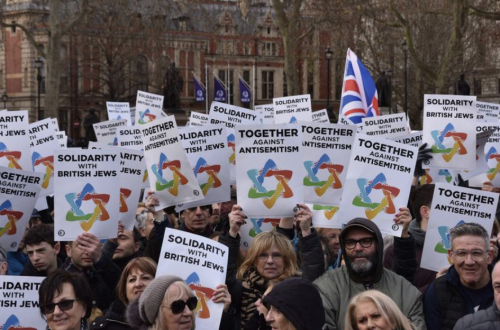This is a cross post by Shiraz Maher from The Spectator
Abu Qatada, the Islamist cleric once branded ‘Osama bin Laden’s ambassador to Europe’, has dominated headlines in recent months as the government struggles to return him to Jordan. Theresa May wanted to take a hard line against foreign clerics operating from Britain but has found her hands tied by the European Court of Human Rights. Indeed, she pledged to deport Qatada, only to be overruled by the European courts.
This setback took on added significance yesterday when the United Nations confirmed that it has removed Saad al-Faqih from the al-Qaeda sanctions list which freezes the assets of persons believed to be associated with the group. None of the fifteen member states (including Britain) of the ‘1267 Committee’, the UN group which enforces these sanctions, objected to his removal.
Faqih might not have courted as much attention as Qatada, but is deeply controversial. Formerly a professor of surgery in Saudi Arabia, he fled to the UK in 1993 after being arrested as part of a crackdown against Islamists who opposed Western military involvement during the First Gulf War.
From his home in North London, Faqih continued to agitate against the Saudi government along uniquely confessional lines, arguing that the Saudi royal family was failing to implement a sufficiently fundamentalist interpretation of Islam.
Problems for Faqih grew in 1998 when al-Qaeda launched its first major attack against American interests with the twin embassy bombings in East Africa. Those attacks, launched in Tanzania and Kenya, would claim 247 lives. Significantly,records show that one of the suicide bombers had made calls to a satellite phone purchased by Faqih, and registered in his name.
Theresa May scored a rare victory in April when it was ruled that Abu Hamza – the notorious hook-handed preacher – and four other terror suspects could be extradited to the United States to stand trial. Despite these gains, subsequent setbacks with Qatada and Faqih demonstrate the Sisyphean nature of finding an enduring legal settlement which can successfully deal with foreign terror suspects.


